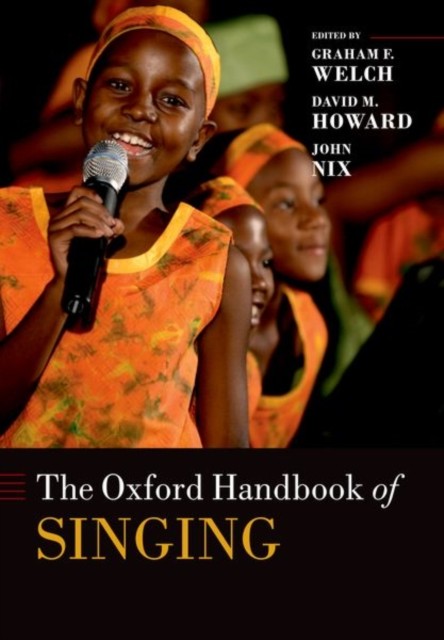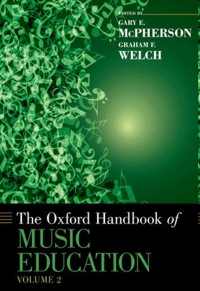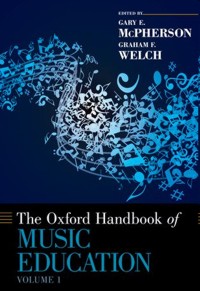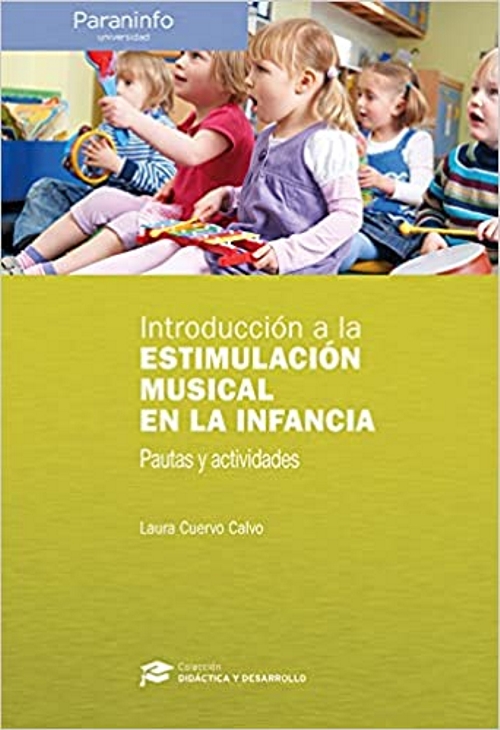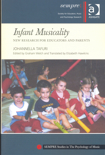
Infant Musicality. New Research for Educators and Parents
Tafury, Johannella
;Welch, Graham
Ashgate Publishing. 2008Ficha técnica
- EAN: 9780754665120
- ISBN: 978-0-7546-6512-0
- Editorial: Ashgate Publishing
- Fecha de edición: 2008
- Encuadernación: Rústica
- Dimensiones: 15x23
- Idioma: Inglés
- Traductor: Elisabeth Hawkins
- Nº páginas: 250
Bajo pedido
Sin stock. Si se pide hoy, se estima recibir en la librería el 11/03/26¡GASTOS DE ENVÍO GRATIS!
PVP. 49,20€
Añadir a la Lista de deseos
What can infants hear? What are their reactions to music? Is it useful for them to sing and listen to music? Is their
auditory sensitivity developed before their birth? At what age do they start singing, and clapping their hands? How
can their musical development be improved? These (and other) questions are present in today's debate on music
education and the responses are normally given in an intuitive way. It is now necessary and urgent to sketch a
developmental profile of infants, starting from their earliest manifestations.
New Book Information
In the last 30 years, research in this field has been progressively developed. In most cases research has been
devoted to single aspects of more complex problems. Moreover, it has been based on non-homogeneous
categories of subjects and by different methods. Motivated by the fact that many open problems need to be
solved, Professor Tafuri decided, in 1998, to begin a longitudinal research project devoted to studying the musical
development in children from 0 to 6 years, with particular attention on the ability to sing in tune. During these 6
years, the children would have a regular music education experience with their mothers and often other members
of the immediate family.
This book has two main areas of focus. The first reconstructs the development of human musical abilities. Tafuri
systematically reports studies of the development of vocal, rhythmic and motor abilities through the observation of
the same participants for three years, beginning with the mothers' experiences in the last three months of pre-natal
life. The programme of musical activities and the modalities of the collaboration with the parents are described.
The second area of focus puts forward an educational perspective based on the results of the research. The
amount and the quality of the collected data can allow parents and educators to plan different activities by
considering the starting point for individual participants and the development of his/her musical abilities. The longterm
aim is to reach an overarching understanding of the personal musicality of each subject.
The book will be of crucial interest to parents and nursery/kindergarden educators so that they can have scientific,
theoretical and methodological foundations for their educational strategies, as well as being of considerable
interest to all musical educators, irrespective of the age of their pupils: a good knowledge of the first stages of
musical development can permit a better evaluation and a fulfilment of later educational needs in music.
CONTENIDO
Foreword
Introduction
Part 1 - Musical Development: The literature on musical development from 0 to 3 years of age
The 'in Canto project'
Procedures and results
The parents have their say
Part 2 - From Research to Teaching Practice: Promoting musical development
Suggestions for musical activities
Postlude
References
List of audio and video recordings
Index


